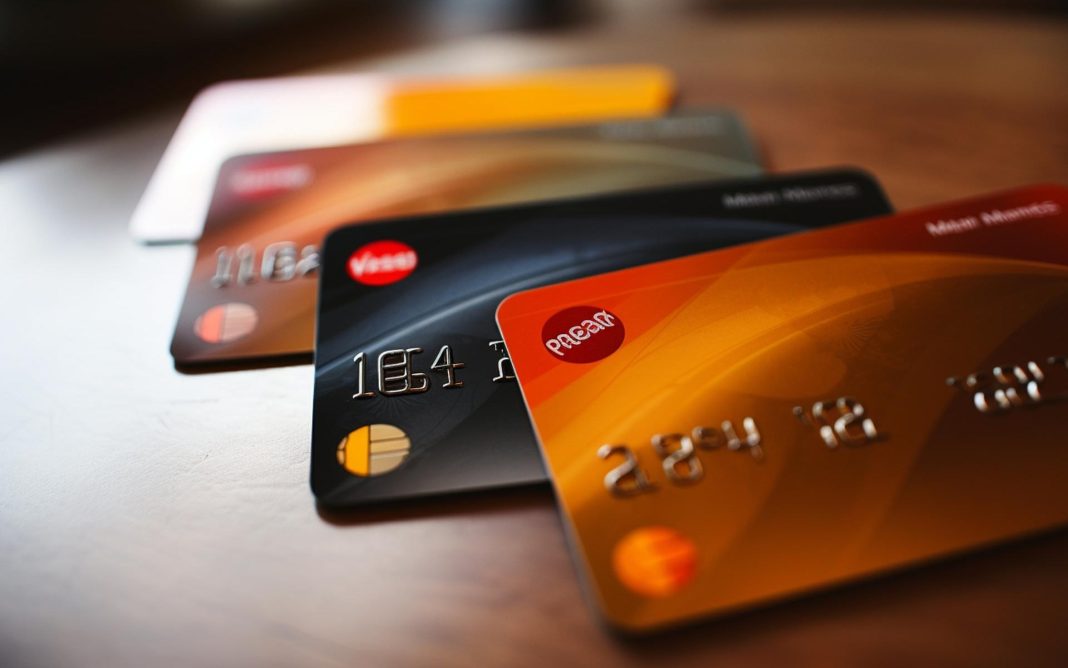Mastercard is planning to phase out traditional credit card numbers, to enhance security through the use of tokenization technology.
This move is designed to reduce the risk of data breaches and protect customer information more effectively.
Mastercard’s shift towards tokenization, a new chapter in financial technology
Mastercard is taking big steps to combat the growing threat of online fraud, and the company plans to replace traditional credit card numbers with digital tokens.
These aren’t tokens as cryptocurrencies, but encrypted data packages, for certain tasks.
These tokens are randomly generated and take the place of actual credit card details during storage and transmission.
This method makes it harder for sensitive information to be stolen, improving data security.
Mastercard’s CEO, Michael Miebach highlighted the company’s dedication to expanding the use of tokenization technology in its processes.
He also mentioned that Mastercard is looking to integrate biometric authentication too, like fingerprints or facial recognition, to further strengthen security measures and eventually replace conventional passwords.
But experts often warn that biometric data can’t be changed, so it should be use as username, not as password.
The fight against fraud
This shift is part of Mastercard’s efforts to address the rising cost of online payment fraud. Baed on estimations, such frauds could cost the company more than $91 billion by 2028, and tokenization is seen as a very effective tool in reducing this financial pressure.
Mastercard already introduced this technology about ten years ago, but it took three years for the company to process its first billion-dollar transaction using tokens.
Now, ten years later Mastercard can handle the same transaction volume in just one week, showing the technology’s rapid progress.
Monetary networks’ competition
As Mastercard advances in its use of tokenization, many predicts it could set a new standard for payment security across the industry.
While some view Bitcoin as a challenger to major financial networks like Mastercard and Visa, experts argue that Bitcoin operates more like the SWIFT network, as monetary settlement layer.
In contrast, the everyday payment functions of Mastercard and Visa might see competition from the Lightning Network, which is seen as a more direct competitor in processing small-scale, everyday transactions.
Have you read it yet? Indonesia plans to ban Telegram
Disclosure:This article does not contain investment advice or recommendations. Every investment and trading move involves risk, and readers should conduct their own research when making a decision.
Kriptoworld.com accepts no liability for any errors in the articles or for any financial loss resulting from incorrect information.


